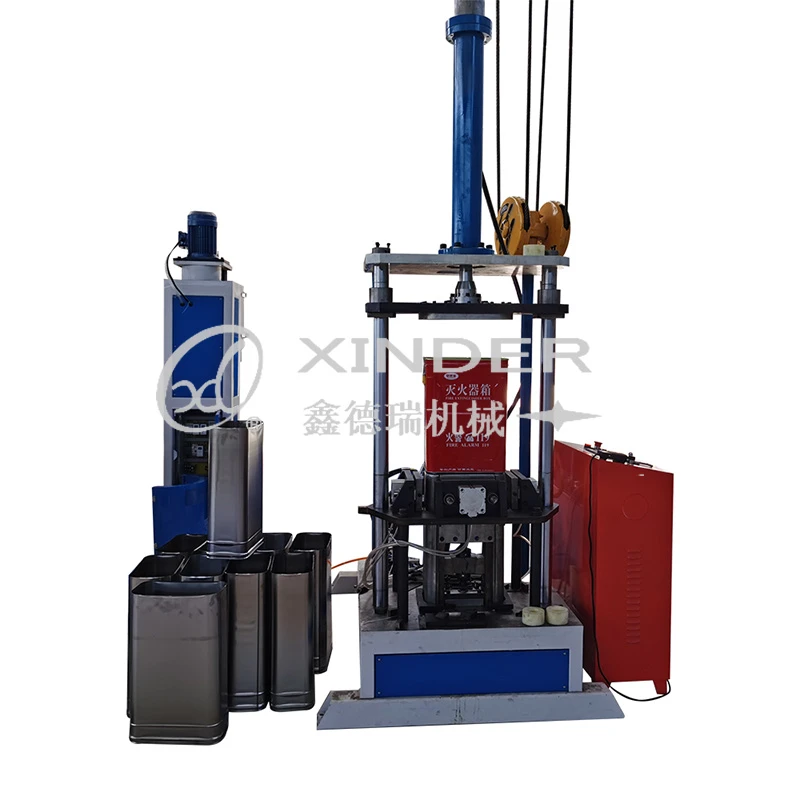-
 8613931787312
8613931787312 -
 Botou Industrial Zone on the east side of National Highway 104, Botou City, Hebei Province
Botou Industrial Zone on the east side of National Highway 104, Botou City, Hebei Province
- Afrikaans
- Albanian
- Amharic
- Arabic
- Armenian
- Azerbaijani
- Basque
- Belarusian
- Bengali
- Bosnian
- Bulgarian
- Catalan
- Cebuano
- Corsican
- Croatian
- Czech
- Danish
- Dutch
- English
- Esperanto
- Estonian
- Finnish
- French
- Frisian
- Galician
- Georgian
- German
- Greek
- Gujarati
- haitian_creole
- hausa
- hawaiian
- Hebrew
- Hindi
- Miao
- Hungarian
- Icelandic
- igbo
- Indonesian
- irish
- Italian
- Japanese
- Javanese
- Kannada
- kazakh
- Khmer
- Rwandese
- Korean
- Kurdish
- Kyrgyz
- Lao
- Latin
- Latvian
- Lithuanian
- Luxembourgish
- Macedonian
- Malgashi
- Malay
- Malayalam
- Maltese
- Maori
- Marathi
- Mongolian
- Myanmar
- Nepali
- Norwegian
- Norwegian
- Occitan
- Pashto
- Persian
- Polish
- Portuguese
- Punjabi
- Romanian
- Russian
- Samoan
- scottish-gaelic
- Serbian
- Sesotho
- Shona
- Sindhi
- Sinhala
- Slovak
- Slovenian
- Somali
- Spanish
- Sundanese
- Swahili
- Swedish
- Tagalog
- Tajik
- Tamil
- Tatar
- Telugu
- Thai
- Turkish
- Turkmen
- Ukrainian
- Urdu
- Uighur
- Uzbek
- Vietnamese
- Welsh
- Bantu
- Yiddish
- Yoruba
- Zulu
Precision Elbow Welding Machines High Efficiency & Durable
- Overview of Industrial Pipe Fabrication Challenges
- Technical Specifications & Performance Metrics
- Market-Leading Models: Side-by-Side Analysis
- Tailored Solutions for Specific Industries
- Operational Efficiency & Cost-Benefit Breakdown
- Real-World Implementation Scenarios
- Future Trends in Elbow Welding Technology

(elbow welding machine)
Addressing Modern Challenges in Pipe Fabrication
Industrial pipelines require precision bending with tolerances under ±0.5mm for critical applications. Advanced elbow welding machine
s now achieve 98.6% circularity in formed pipes, reducing material waste by 22% compared to traditional methods. The integration of PLC-controlled hot forming elbow machines enables consistent wall thickness maintenance even at 90° bends.
Engineering Excellence in Metal Forming
Third-generation hydraulic systems deliver 350-ton forming capacity while consuming 18% less energy than previous models. Temperature-controlled pipe elbow making machines maintain optimal heating ranges between 950-1,100°C, preventing metallurgical degradation. Laser-guided alignment systems ensure positional accuracy within 0.03mm across all axes.
| Model | Welding Capacity | Speed (units/hr) | Customization | Price Range |
|---|---|---|---|---|
| ProBend X7 | 6" SCH80 | 85 | Multi-axis control | $148,000 |
| ThermoForm Master | 12" SCH160 | 62 | Automated quenching | $212,000 |
| PipeFlex Ultra | 24" X70 Steel | 48 | Dual heating zones | $325,000 |
Custom Configuration Strategies
Specialized variants accommodate unique requirements:
- Offshore oil platforms: Saltwater-resistant alloys with 2.5x corrosion resistance
- Nuclear facilities: Triple-redundant safety systems meeting ASME NQA-1
- Food processing: Electro-polished surfaces (Ra ≤ 0.4μm)
Operational Cost Analysis
High-output models demonstrate ROI within 14-18 months through:
- 38% reduction in post-weld machining
- 27% decrease in energy consumption per unit
- 15:1 production ratio compared to manual methods
Industry Implementation Case Studies
A Middle Eastern pipeline contractor achieved 92% weld integrity across 18km of 24" API 5L X80 steel using automated elbow welding machines. The system maintained 94% uptime despite ambient temperatures exceeding 45°C.
Innovations Shaping Pipe Fabrication
Next-generation pipe elbow making machines incorporate AI-driven predictive maintenance, reducing downtime by 40%. Hybrid induction-gas heating systems now achieve 30% faster thermal cycling while maintaining precise temperature gradients.

(elbow welding machine)
FAQS on elbow welding machine
Common Applications of Elbow Welding Machines
Q: What industries commonly use elbow welding machines?
A: Elbow welding machines are widely used in oil and gas, chemical processing, and construction industries. They are essential for creating durable pipe connections in pipelines and structural frameworks.
Advantages of Hot Forming Elbow Machines
Q: Why choose a hot forming elbow machine over cold forming methods?
A: Hot forming elbow machines use heat to shape metal, ensuring better material flexibility and reduced risk of cracks. This method is ideal for thick-walled or high-strength alloy pipes.
Key Features of Pipe Elbow Making Machines
Q: What makes a pipe elbow making machine efficient for mass production?
A: These machines automate bending and welding processes, ensuring precision and consistency. Advanced models integrate CNC controls for customizable angles and diameters.
Maintenance Requirements for Elbow Welding Machines
Q: How often should elbow welding machines be serviced?
A: Regular maintenance every 3–6 months is recommended, focusing on electrode replacement and alignment checks. Daily cleaning of debris also prolongs machine lifespan.
Material Compatibility with Hot Forming Elbow Machines
Q: Can hot forming elbow machines handle stainless steel?
A: Yes, these machines are designed to work with stainless steel, carbon steel, and alloys. Temperature controls ensure optimal forming without compromising material integrity.
-
Understanding Automatic Seam Welding Machines: A Game Changer in Welding TechnologyNewsJul.18,2025
-
Revolutionizing Packaging: The Role of Welding Machines in Steel and Tin Can ManufacturingNewsJul.18,2025
-
Precision in Motion: Exploring Seam Welding Machines for Industrial FabricationNewsJul.18,2025
-
Mastering Precision Bending: A Guide to Tube Benders and Their TypesNewsJul.18,2025
-
Inside the World of Barrel Manufacturing: Machines, Lines, and CostsNewsJul.18,2025
-
Exploring the Technology Behind Elbow Bending Machines in Pipe ManufacturingNewsJul.18,2025
-
Unlocking the Power of Light: Exploring Modern Laser Welding SolutionsNewsJul.15,2025
-
 Pneumatic Handle Welding MachineSep . 13, 2024
Pneumatic Handle Welding MachineSep . 13, 2024 -
 Fully Automatic Kaiping Production LineOct . 17, 2024
Fully Automatic Kaiping Production LineOct . 17, 2024 -
 Fully Automatic Metal Bucket Lifting HeadphonesSep . 14, 2024
Fully Automatic Metal Bucket Lifting HeadphonesSep . 14, 2024

